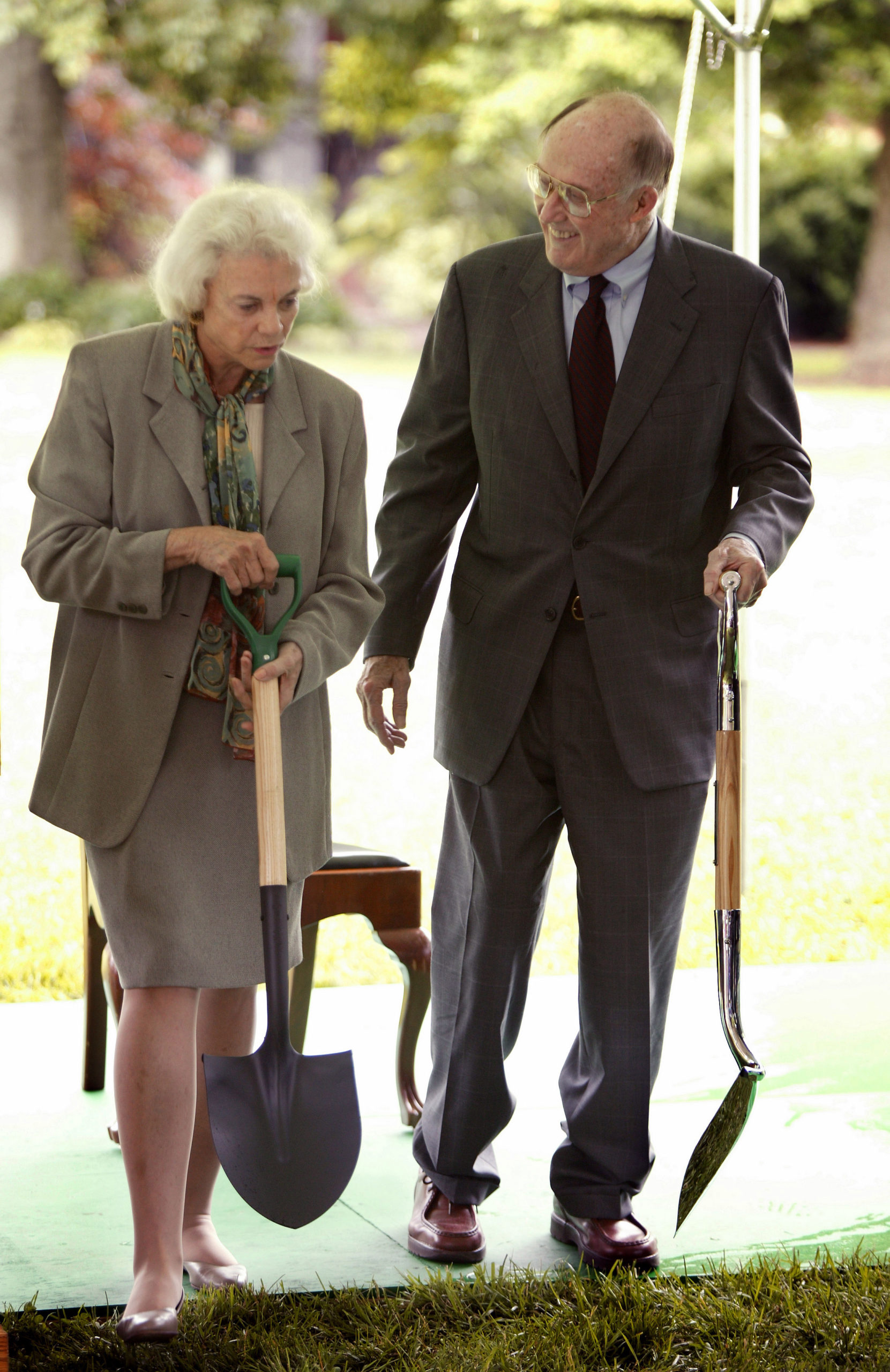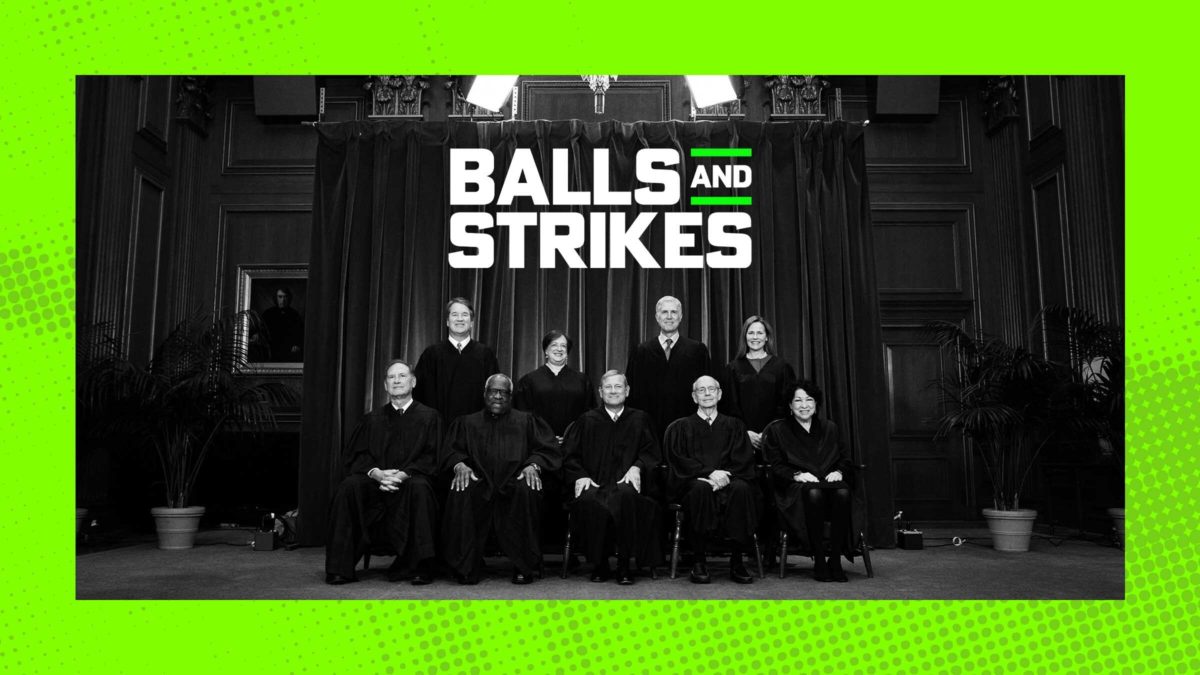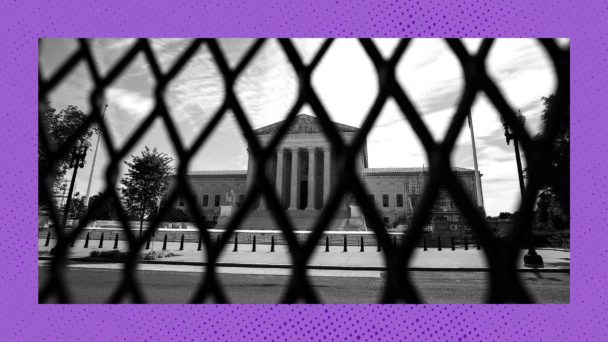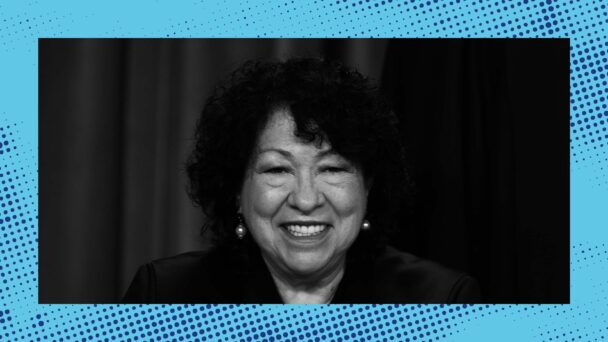In the spring of 1971, Robert Kras was going through some shit. An insurance agent at MetLife in New York City, he’d been fired two years earlier after burglars broke into his home and stole the premiums he’d collected from his clients, which he was unable to repay out of his own pocket. He’d been unable to find steady work since, largely because his former employer gave a bad reference every time a prospective employer called them to ask. His wife had continued working until 1970, when her pregnancy forced her to stay home.
As a result, other than a few hundred dollars earned from odd jobs, Robert had spent some two years relying on $366 per month in public assistance to support his family: his wife, their two young children, and his mother and her young daughter, all crammed together in a small apartment. Monthly rent was $102. His only assets were the clothes on his back, a handful of household necessities worth $50, and a couch of “negligible value” that was in storage, presumably because there was no room for it anywhere else. His youngest child, an 8-month-old boy, was in a Brooklyn hospital undergoing treatment for cystic fibrosis.
With no prospect of relief in sight, Robert made the hard decision to file for bankruptcy. “I earnestly seek a discharge in bankruptcy…in order to relieve myself and my family of the distress of financial insolvency and creditor harassment and in order to make a new start in life,” he said. “When I do get a job, I want to be able to spend my wages for the support of myself and my family and for the medical care of my son, instead of paying them to my creditors and forcing my family to remain dependent on welfare.”
When Robert went to the courthouse to file, however, he hit another wall: The clerk wanted $50 in fees—about $360 today. Federal law allowed him to pay those fees in installments of a few dollars per month. But, Robert said, he couldn’t guarantee he could do so in his financial condition. (He was, after all, bankrupt.) He’d tried to borrow more from his family and friends, to no avail; he’d already borrowed from his wife’s grandmother, whom he could not pay back. And his infant son was set to be released from the hospital soon—a joyous occasion, and also another person to care for in a household stretched to its breaking out.
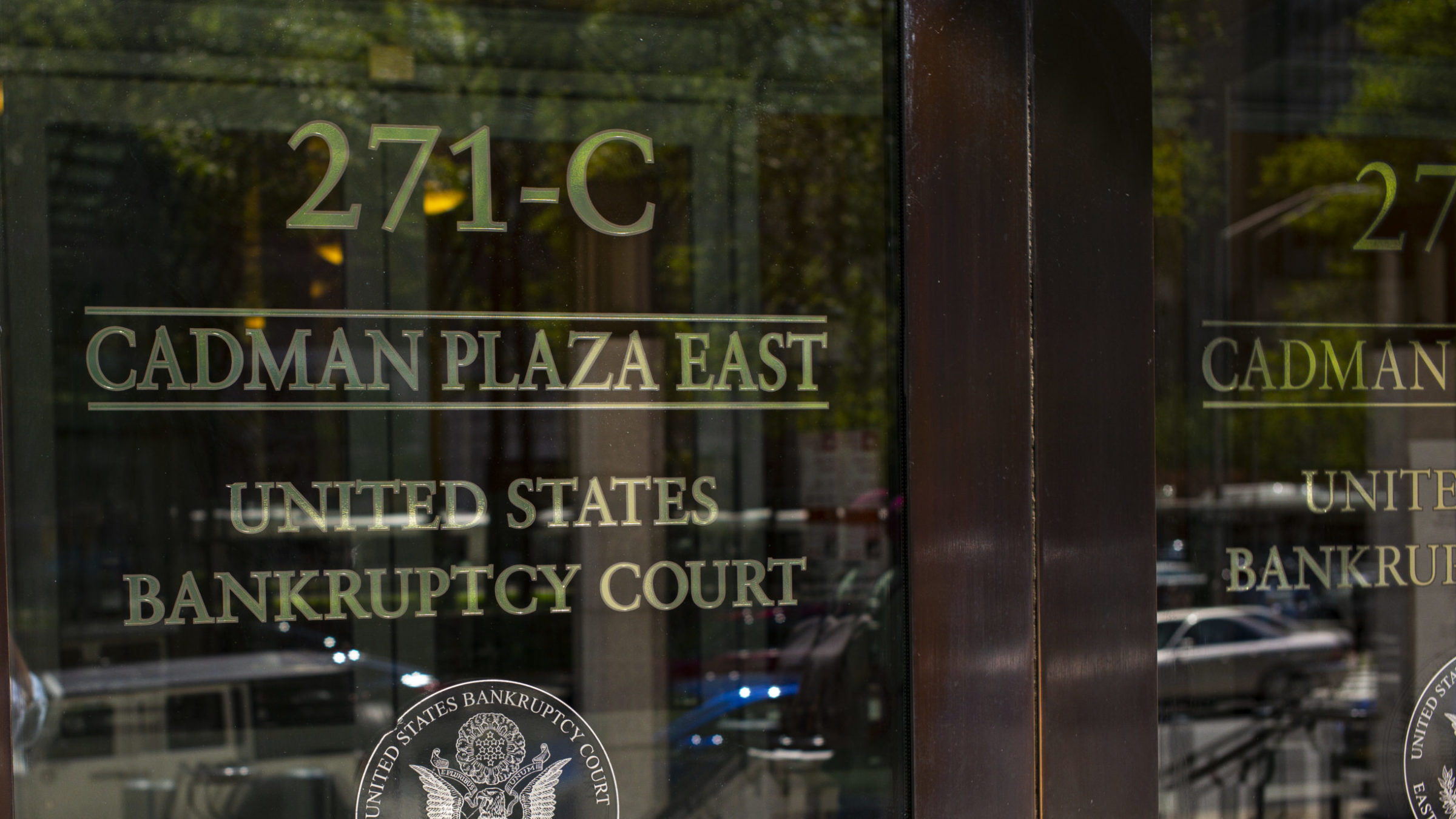
(Photo by Robert Nickelsberg/Getty Images)
So Robert sued, arguing that the mandatory filing fees violated his constitutional right to due process. Because the legal system had a monopoly on the only mechanism by which he could get his life back, he argued, his presence in bankruptcy court was no more “voluntary” than that of a criminal defendant hauled before a jury to face years in prison. A federal district court agreed, reasoning that the government’s interest in collecting $50 was not compelling enough to force broke, desperate people to pay it.
The U.S. Supreme Court thought differently. In a 5-4 opinion by Justice Harry Blackmun, the Court told Robert Kras to draw his belt a little tighter. Bankruptcy, Blackmun wrote, was not technically Robert’s only option, since he could, “in theory,” negotiate settlements with his creditors outside the protections of the legal system. Blackmun also provided some helpful back-of-the-envelope household budget math: Weekly payments of $1.28, he said, are “less than the price of a movie and little more than the cost of a pack or two of cigarettes.” If the prospect of debt relief were really that important to Robert, Blackmun concluded, “this much available revenue should be within his able-bodied reach.”
Writing for four dissenters, Justice Potter Stewart pointed out the silliness of the majority’s reasoning: No creditor has anything to gain by voluntarily settling a debt with someone who has nothing to offer. (In this case especially, the odds of MetLife having a sudden change of heart after two years of making Robert’s life miserable seem, to put it charitably, low.) The Court’s ruling, Stewart concluded, amounts to a declaration that “some of the poor are too poor even to go bankrupt,” and denies relief “to those who every day must live face-to-face with abject poverty—who cannot even spare $1.28 a week.”
The principal dissent, however, is no match for Justice Thurgood Marshall’s solo dissent, which drips with contempt for Blackmun’s extended Lucille Bluth act. “It may be easy for some people to think that weekly savings of less than $2 are no burden,” he wrote. “But no one who has had close contact with poor people can fail to understand how close to the margin of survival many of them are.” For those who are one flat tire or broken furnace or hospital stay away from financial ruin, a pack of cigarettes is “not a routine purchase, but a luxury indulged in only rarely.” Afternoons at the movies—which the majority, Marshall adds, “seems to believe is an almost weekly activity”—are simply out of the question.
“It is perfectly proper for judges to disagree about what the Constitution requires,” he concluded. “But it is disgraceful for an interpretation of the Constitution to be premised upon unfounded assumptions about how people live.”
The result in Kras v. United States is neither the first nor the last time the Court has demonstrated its disinterest in the rights of lower-income people. But rarely has the justices’ disconnect from the realities of the lives of the millions of families subject to their decisions been so stark. For your average Supreme Court justice, it’s not absurd to imagine a gracious creditor voluntarily settling a debt, because (1) your average Supreme Court justice has never been unable to pay a debt of any consequence, and (2) any creditors they did have would know they were Supreme Court justices, and would be happy, if necessary, to discreetly reach a gentleman’s agreement. Cigarette money is pocket change. The idea of being unable to save the equivalent of a movie ticket is unfathomable, because for life-tenured federal judges, the price of spending Saturday afternoon at the theater is a rounding error of a rounding error.
Today, the notion that poor people should just try harder to be less poor infects every aspect of American welfare policy, which treats chronic poverty not as a collective problem to be solved but as a personal failing to be punished. A functioning judiciary—one that takes seriously its sworn obligation to “do equal right to the poor and to the rich”—would have protected Robert Kras and his family from the cruelty of a system that would deny them hope for a better life. Unfortunately for Robert Kras and his family, they got stuck with the U.S. Supreme Court instead.
As always, you can find us at ballsandstrikes.org, or follow us on Twitter at @ballsstrikes, or get in touch via [email protected]. Thanks for reading.
This Week In Balls & Strikes
This Supreme Court Case Could Slam the Courthouse Door on Students With Disabilities, Yvette Borja
The U.S. education system failed Miguel Luna Perez. Will the legal system fail him, too?
Conservative Judges Keep Inventing Facts to Reach Their Preferred Results, Lisa Needham
If you don’t like the case you’re given, simply create a new one!
This Week In Other Stuff We Appreciated
Kathy Hochul’s Terrible Judicial Pick Sends the Exact Wrong Message to Young Lawyers, Melanie Nault and Jack Travis, Slate
The last thing New York needs is more former prosecutors and corporate lawyers on the bench.
Will the Supreme Court Torpedo the Financial System?, Aziz Huq, Politico
A real bummer that the answer is “I dunno, maybe.”
The Element of Suspense In Supreme Court’s 2023 Affirmative Action Ruling, Valerie Strauss, The Washington Post
An opinion that ends affirmative action will leave in place a bevy of institutions and traditions that favor white students.
This Week In Obscure Photos of Supreme Court Justices On Getty Images
